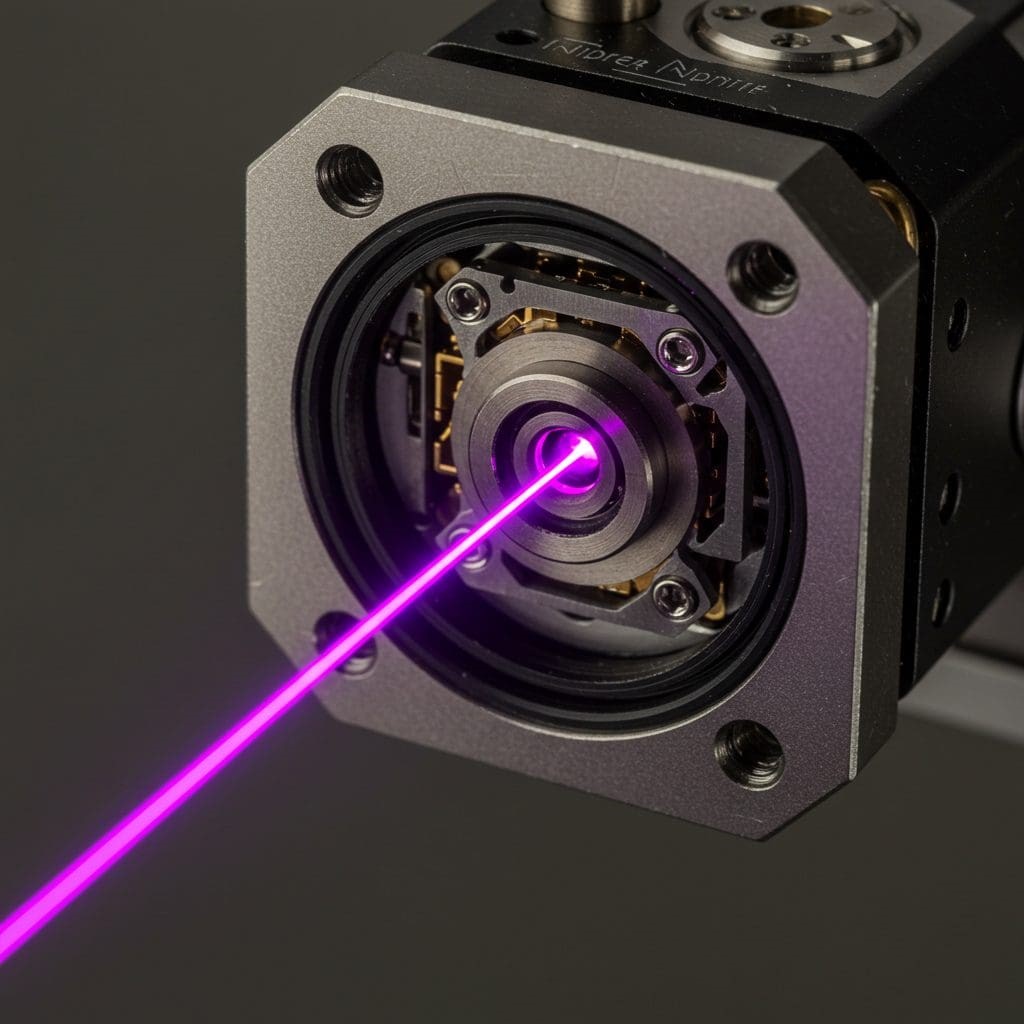Qiskit Integrates Machine Learning into Quantum Computing
The intersection of quantum computing and machine learning marks a major leap in computational power. As classical machine learning methods increasingly require extensive resources, researchers are exploring how quantum algorithms might enhance or transform these techniques. In a new publication, a collaborative team from the Hartree Centre, STFC, and IBM Quantum—including M. Emre Sahin, Edoardo Altamura, Oscar Wallis, Stefano Mensa, Stephen P. Wood, Anton Dekusar, Declan A. Millar, Takashi Imamichi, and Atsushi Matsuo—introduces Qiskit Machine Learning, an open-source Python library. Designed for both beginners and advanced users, the library enables scalable quantum machine learning on quantum hardware and classical simulators, aiming to bridge the gap between quantum computing and ML.

Figure 1. Quantum Computing & AI: Qiskit Launches ML Features
Quantum ML Library Enables Hybrid Computing
The release of a new machine learning library marks a significant step forward in quantum computing, offering a Python-based interface that merges quantum methods with traditional machine learning techniques. Aimed at bridging the gap between theory and real-world application, the library features a high-level API that enables seamless use with both classical simulators and actual quantum hardware. This user-friendly design opens the door for both experts and non-specialists to experiment with quantum algorithms. Figure 1 shows Quantum Computing & AI: Qiskit Launches ML Features.
A diagram of the Qiskit Machine Learning library outlines its core components, class hierarchy, and algorithmic dependencies. It categorizes approaches into kernel-based, neural network-based, and Bayesian methods, aligned with tasks such as classification and regression. Highlighted components include fidelity quantum kernels, trainable kernels, quantum neural networks, and quantum support vector machines—all supported by foundational Qiskit primitives like the Sampler and Estimator.
With a focus on modularity and usability, the library enables fast prototyping and supports a wide range of quantum and hybrid algorithms, promoting innovation across quantum-classical machine learning research.
Released under the Apache 2.0 license, the library’s open-source design promotes accessibility, transparency, and community collaboration. The large pool of contributors reflects a strong collective effort and growing interest in quantum machine learning.
The library supports a variety of quantum algorithms, including variational quantum eigensolvers (VQEs), quantum support vector machines (QSVMs), and quantum neural networks (QNNs). These tools enable research into applications such as drug discovery, materials science, and financial modeling.
Its user-friendly API abstracts the complexities of quantum programming, allowing users to define circuits and models with concise syntax. Integration with popular ML frameworks like TensorFlow and PyTorch ensures compatibility with existing workflows, lowering the barrier for machine learning professionals.
Ongoing research explores quantum machine learning in fields like image recognition, drug design, and finance, with industry collaborations helping translate innovations into real-world use. Future updates will aim to boost scalability and performance, supporting larger datasets and more complex tasks through methods like data compression and distributed computing [1]. Planned documentation and tutorials will further expand access and accelerate adoption of quantum ML technologies.
Researchers are actively exploring methods to reduce the impact of noise and decoherence—factors that compromise the precision of quantum computations—in order to enhance the reliability of quantum machine learning algorithms. The development team remains dedicated to the library’s long-term sustainability, offering ongoing support through performance monitoring, bug fixes, and feature updates.
The open-source project is driven by a diverse group of contributors with expertise in quantum algorithms, machine learning, and software engineering. This collaborative environment plays a key role in fostering innovation and advancing the field of quantum machine learning.
References:
- https://quantumzeitgeist.com/quantum-computing-meets-ai-qiskit-introduces-machine-learning-features/
Cite this article:
Janani R (2025), Qiskit Integrates Machine Learning into Quantum Computing, AnaTechMaz, pp.267















